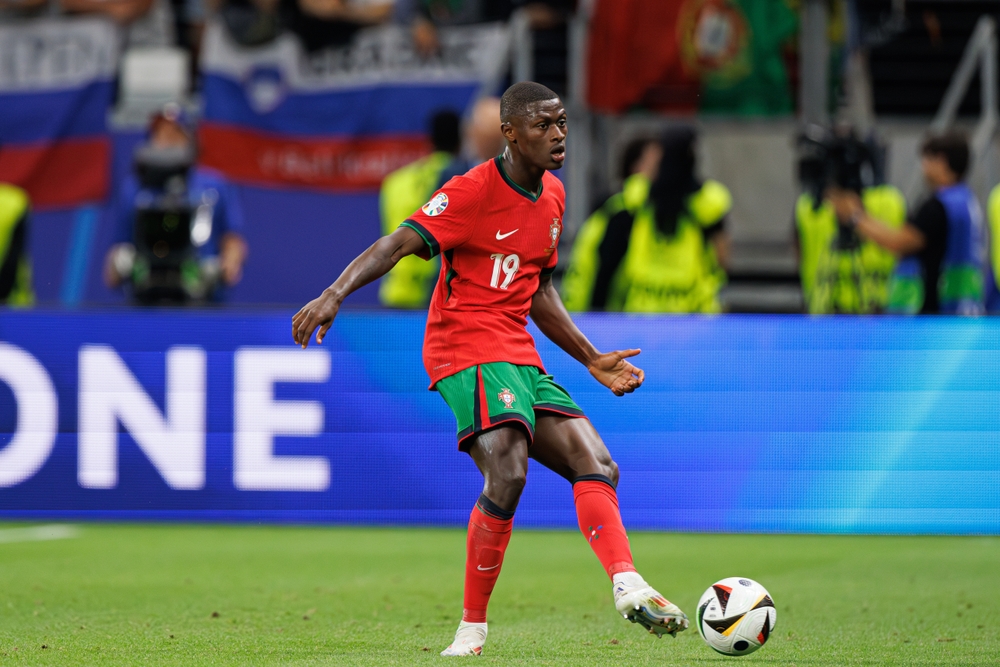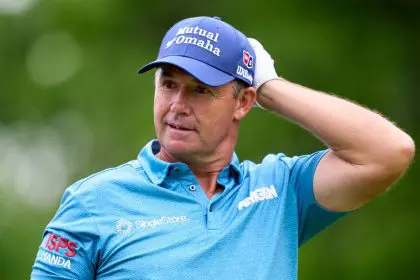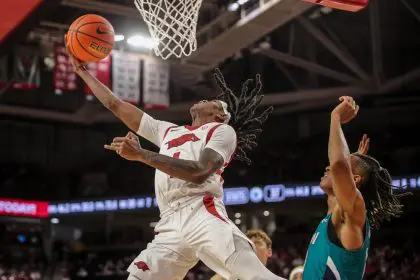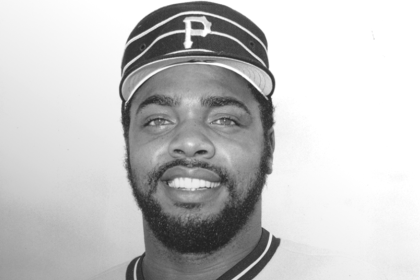Sometimes the most compelling stories aren’t about the superstars everyone expected to dominate, and Sunday’s UEFA Nations League final perfectly demonstrated why football remains the ultimate team sport. While the world focused on the generational clash between Cristiano Ronaldo and Lamine Yamal, Portugal’s 5-3 penalty shootout victory over Spain was ultimately decided by players whose names weren’t plastered across the pre-match headlines.
The narrative everyone wanted to write was simple: the 40-year-old legend passing the torch to the 17-year-old sensation in what could be their only direct meeting on football’s biggest stage. Instead, we got something far more interesting—a demonstration of why the deepest, most complete teams succeed when individual stars can’t quite carry the load alone.
Both Ronaldo and Yamal ended up watching the decisive moments from the sidelines, with the Portuguese veteran forced off due to muscle strain and the Spanish prodigy unable to impact the penalty shootout that ultimately determined the winner. Their absence from the climactic moments didn’t diminish the match’s quality—it enhanced it by showcasing the incredible depth both teams possess.
Nuno Mendes emerges as the real match-winner
While everyone debated whether this would be Ronaldo’s last hurrah or Yamal’s coming-out party, Nuno Mendes quietly delivered one of the most complete performances you’ll see from a fullback at international level. The Paris Saint-Germain defender didn’t just neutralize Yamal in their direct matchup—he completely dominated that side of the pitch while contributing decisively to Portugal’s attack.
Mendes scored Portugal’s opening goal and provided the crucial assist for Ronaldo’s equalizer, but his most impressive contribution came during the penalty shootout. Just a week after helping PSG win the Champions League, he stepped up under enormous pressure and delivered an exceptional spot kick that helped secure Portugal’s victory.
The 22-year-old’s performance represented everything that makes modern fullbacks so crucial to elite football. His defensive work against one of the world’s most dangerous young wingers was exemplary, while his attacking contributions provided the width and creativity that allowed Portugal’s system to function effectively throughout the match.
Spain’s hidden gems shine brightest
While Yamal grabbed pre-match attention, it was his lesser-known teammates who nearly carried Spain to victory. Martín Zubimendi’s opening goal came from exactly the kind of intelligent movement and clinical finishing that should have Arsenal fans excited about his reported move to the Emirates Stadium.
The Real Sociedad midfielder’s performance in Munich showcased why Mikel Arteta has identified him as a crucial piece of his tactical puzzle. Zubimendi’s ability to break forward and score while also controlling the tempo from deeper positions represents the kind of versatility that elite teams require from their central midfielders.
Mikel Oyarzabal’s first-half finish demonstrated why consistency and reliability often matter more than flashiness in major tournaments. The Real Sociedad forward’s goal was his third in major finals for Spain, establishing him as the kind of big-game player that championship teams depend on when the pressure reaches its peak.
The supporting cast that makes champions
Pedro’s sublime performance alongside Zubimendi in midfield showed how Spain can control games through technical excellence and tactical intelligence rather than just individual brilliance. His deep run that created the opportunity for Oyarzabal’s goal exemplified the kind of collective movement that makes Spanish football so aesthetically pleasing and tactically effective.
Portugal’s defensive solidity, anchored by Rúben Dias’s return to world-class form, provided the foundation for their success. While Ronaldo’s goal-scoring grabbed headlines, it was the defensive discipline and organization that allowed Portugal to weather Spain’s attacking pressure and reach the penalty shootout where they ultimately prevailed.
Both goalkeepers delivered performances that validated their status as potential World Cup winners. Unai Simón and Diogo Costa made crucial saves throughout regulation and extra time, with Costa’s penalty save from Álvaro Morata proving decisive in the shootout that determined the champion.
Ronaldo’s legacy moment without the spotlight
The sight of Ronaldo being substituted due to injury, only to return to the pitch in tears after Portugal’s victory, captured something essential about his enduring impact on the sport. Even when his body couldn’t complete the full 90 minutes, his earlier goal had kept Portugal’s hopes alive and his leadership continued to inspire his teammates.
His 138th international goal, scored with a perfectly timed volley, demonstrated that his technical ability remains elite even as his physical capabilities inevitably decline. The goal showcased everything that has made him one of football’s greatest players: positioning, timing, technique, and the mental strength to deliver in crucial moments.
The emotional celebration after the final whistle revealed how much these victories still mean to him, even after winning virtually every trophy available at both club and international level. His tears weren’t just about adding another medal to his collection—they were about proving he can still contribute to Portugal’s success at the highest level.
Yamal’s learning experience on the biggest stage
For Yamal, this final represented exactly the kind of experience that will prove invaluable as his career develops. Playing against elite opposition in a high-pressure environment while dealing with enormous expectations provides lessons that can’t be learned any other way.
His relatively quiet performance by his recent standards shouldn’t be viewed as a failure but rather as evidence that even the most talented players need time to adjust to different levels of competition and pressure. The cross that led to Spain’s opening goal showed he could still influence important matches even when not at his absolute best.
At 17, he has already won the European Championship and reached a Nations League final, achievements that most players never accomplish in entire careers. This narrow defeat will serve as motivation and learning experience as he continues developing into what promises to be a legendary career.
World Cup implications for both teams
Sunday’s final provided the perfect preview of what both teams might accomplish at the 2026 World Cup. The depth, quality, and tactical sophistication displayed by both sides suggest they’ll be among the tournament favorites when competition begins in North America.
Portugal’s ability to win major matches without relying entirely on Ronaldo’s individual brilliance bodes well for their World Cup prospects, especially if the veteran forward can maintain his current level of performance for another year. Their supporting cast has proven capable of taking responsibility in crucial moments.
Spain’s combination of emerging young talent and experienced winners creates the perfect blend for World Cup success. Players like Zubimendi and Oyarzabal are entering their prime years, while Yamal will have gained another year of elite-level experience by the time the tournament begins.
The beauty of team sports revealed
What Sunday’s final ultimately demonstrated is why football remains compelling beyond individual storylines and superstar narratives. The most memorable moments came from players whose names weren’t trending on social media before kickoff, proving that championship teams are built on depth, character, and collective excellence rather than just individual talent.
Both Portugal and Spain showed they possess the kind of complete squads that can compete for major trophies regardless of whether their biggest stars have perfect nights. That depth and resilience will serve them well in future competitions where the margins between success and failure are often determined by how well supporting players perform when called upon.
















